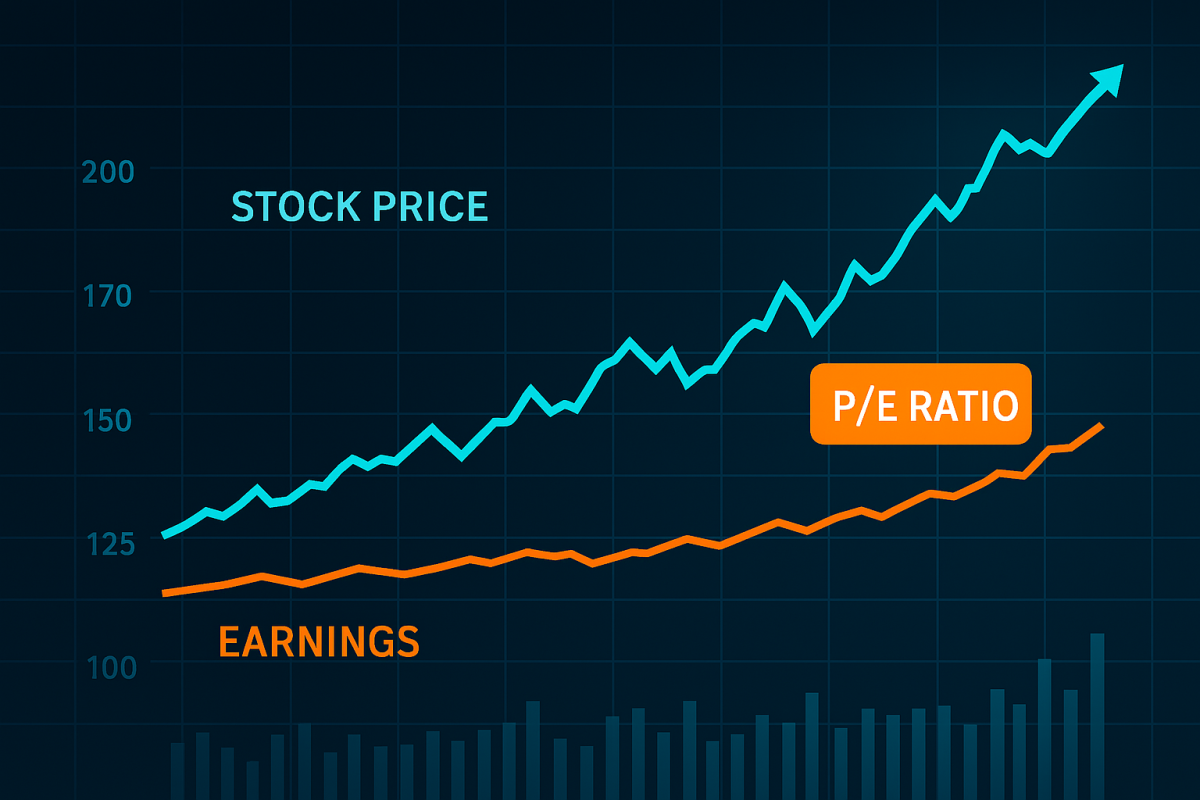Trading Stocks 101
Trading Stocks 101
You’re about to enter the classroom for your first lesson: Trading Stocks 101. This lesson will be somewhat of an overview, or a “best practices” session for those who are looking for some basic tips on how to trade stocks successfully. The one thing that you must realize off the bat is that if you’re taking your investment advice blindly from some stockbroker, financial advisor, the shoe shine boy, or the talking heads on CNBC (including the guy with the mad money), you’re already lost before you even start. Investing in stocks and trading stocks is very much a self-starter type of a business, and the one intangible ingredient you’re going to need to develop is initiative. Nothing can replace doing your own homework and having some “sweat equity” in the deal as far as market research and so forth. You’ll learn much, much more by personally observing the markets for yourself through studying historical price charts and big movers-and-shakers of the past than you ever would listening to a bunch of speculative hype from the investment analysts on the financial networks. Nothing can replace first-hand experience. So the first step that I would recommend you take is to get familiar with websites like BigCharts.com, or other stock chart websites, and start tracking some of the popular stocks, just to get a feel for the markets and how they flow. Check out the daily volume, and how prices move based on public sentiment or news items. One thing you’ll notice off the bat is that no stock travels in one direction forever; the price of your average stock is always going to fluctuate up and down on a regular basis. Enter your next point to remember: If you don’t develop nerves of steel, but you are an emotionally-driven person with your money, get the heck out of the stock market and don’t look back. This business is not for you. If you’re “betting the farm”, go ahead and make out the deed to whoever takes all your money in the markets, because you’re going to lose it. If you are getting into the stock market to satisfy a “gambling streak” that you may have, you will most certainly lose it all. The stock market is no kind of place for gamblers or lottery-minded, jackpot-minded people who believe that all they have to do is find the one stock that they can buy for only $1.00 per share but then turn around and sell for $100.00 a share. Quit dreaming. That stuff rarely happens, and when it does happen, the people who actually profit from market moves like that normally have been privy to inside information that you’re not going to get until well after the fact.

Trading Stocks 101: More Principles
Third primary point to remember in your Trading Stocks 101 class is that you never invest money that you cannot afford to lose. If you’re entering the market with next month’s mortgage money, or money that would cause you a serious financial disaster if you ended up losing, you need to get the heck out of the markets and stay out until you can play with money that you can lose without feeling any ill effects on your financial well-being whatsoever. That’s one thing I’ve noticed (among many things) since starting my trading career about 8 years ago, is that you cannot ever play with “desperate money”. You’re too emotionally attached to “desperate money”, and your desperation and fear of losing it will surely hinder your ability to make objective decisions about your trades. So in short, don’t trade with money you cannot afford to lose. Next major point (I think I’m on number four, but I’m not sure): If you don’t have an entry AND exit plan, I’m going to ask you what the heck you’re even doing in the markets. You’re never going to get anywhere like that. You need to have a solid plan for entering a trade, and also know ahead of time how (and why) you’ll exit, before you even get in. How much money will you risk? What is your exact entry point? Do you have a plan if the trade goes the opposite way? What’s your “pain point”, or the point where you know you’ll need to get out if the trade goes sour? How will you manage risk while the trade is active? Where will your stop orders be set? How much percentage gain (or dollar gain) will you accept from the trade before exiting? Will you use a limit order (good idea by the way) or a market order (not-so-good idea)? Do you even know your order types? You know, the limit, market, stop limit, fill-or-kill, market-on-open, market-on-close, on and on? Can you properly execute a trade through an online brokerage? Shoot, do you even have an online brokerage account? I highly recommend it, due to the significantly lower commission and fee structure (on average). And speaking of commissions and fees, have you factored them into your profit and loss figures? These are all things that you’ll need to consider before even beginning to trade stocks. Also, have you tried paper trading first? Good idea if you haven’t. Paper trading will help you develop the discipline to track and keep up with your trades on a daily basis. All of these things are vital if you think you’re going to stand a chance in real market conditions. Yes, I’ve already made this hub too long, and yes, Trading Stocks 101 has not covered all there is to stock trading, but that’s why it’s just 101 and not an advanced course. :)








